If you're selling a beloved horse and want to make sure that you have the first choice to buy that horse back again, you might ask the buyer to sign a first right of refusal agreement. But before you draw up an agreement, here's what you need to know.
First Right of Refusal Agreements Aren't Always Legally Binding
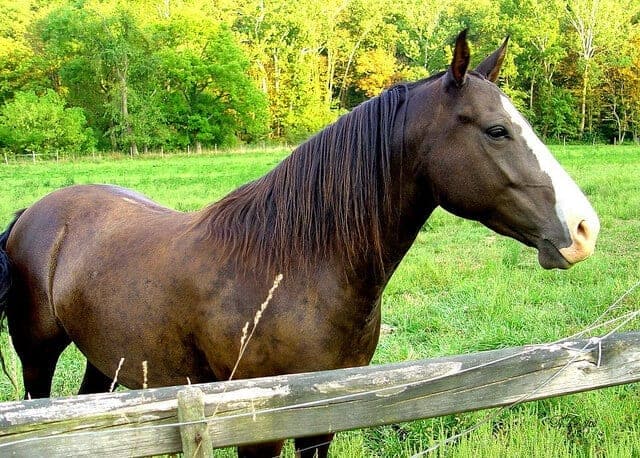
One of the greatest misconceptions regarding first right of refusal agreements is that they are always legally binding documents. That isn't necessarily the case. It depends on whether the agreement is written into your contract, and how the contract is written. It is best to have a lawyer look over the contract if you're concerned about having first right of refusal. Remember, too, that if the seller ignores the first right of refusal, it will cost you money in court and possibly lawyer fees to enforce that contract.
You Won't Necessarily Have to Buy the Horse Back
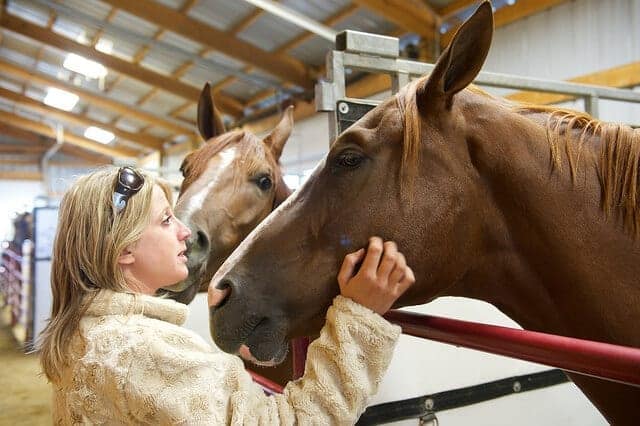
If someone buys your horse and then later approaches you to offer to sell him, you won't be under any obligation to buy him. If a seller offers him to you, they're giving you the first chance at buying him, but a first right of refusal doesn't commit you to buying the horse. You can always pass on the offer.
A Seller Can Ask You to Pay More for Your Horse Than You Sold Him For
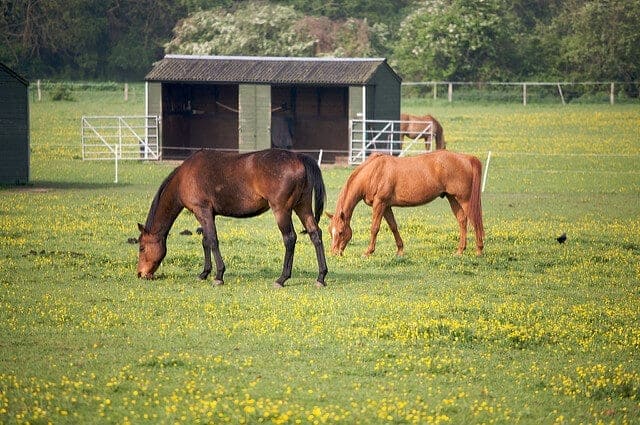
Be prepared for the fact that a buyer may approach you in a few years and offer to sell your horse back to you, but for much more than you initially sold him for. Your horse's value may have increased with training, experience, or winnings, so don't assume that you'll pay the same amount that you sold your horse for.
First Right of Refusal Agreements Can Work in Some Cases

In some cases, first right of refusal agreements work out just fine. Some buyers make every effort to contact their horses' previous owners before offering them up for sale to the public. But again, this depends on the situation and whether the person who bought your horse makes the effort to contact you.
You May Not See Your Horse Again
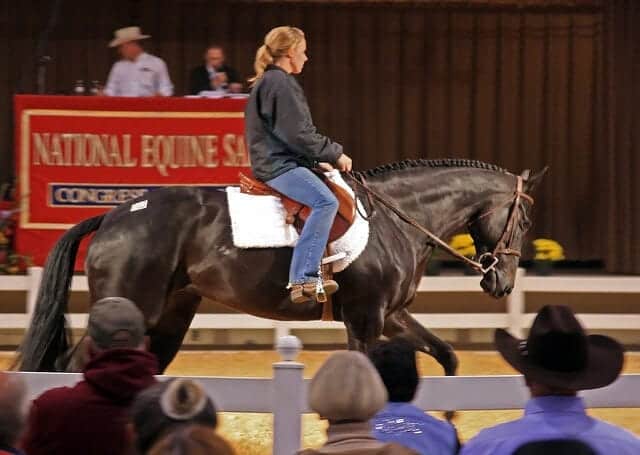
If you're selling your horse because you think the first right of refusal agreement means that you'll see him again in the future, reconsider selling him. The agreement gives you no control over what happens to your horse. In fact, the buyer may decide to never sell him, or they may get an offer that they can't refuse and your horse may be sold on without your knowing. Carefully evaluate whether you're ready to let go of your control of your horse's care. If you're not, then leasing your horse out may be a better option than selling him.
Horse Courses by Elaine Heney
- Listening to the Horse - The Documentary by Elaine Heney & Grey Pony Films
- Shoulder In & Out Training for better balance, bend & topline development with your horse
- Over 110+ Polework Exercises & Challenges to Download
- Dancing at Liberty & Creating Connection with Your Horse (11 lessons) - Grey Pony Films
While it never hurts to include a first right of refusal agreement, this isn't something that you should depend on.

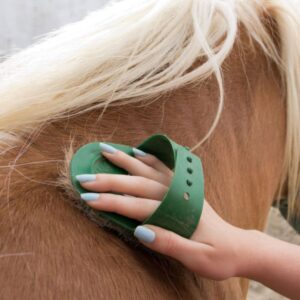



Leave a Reply